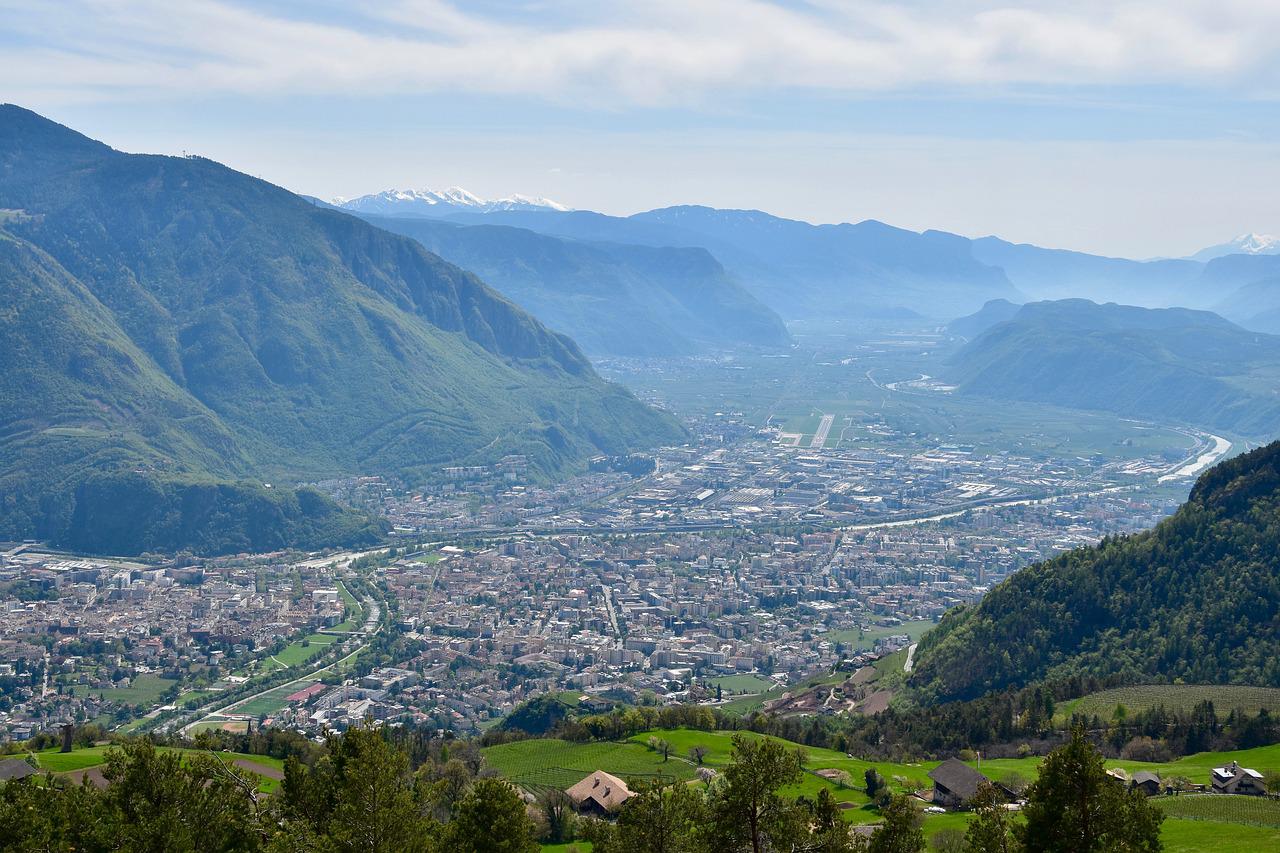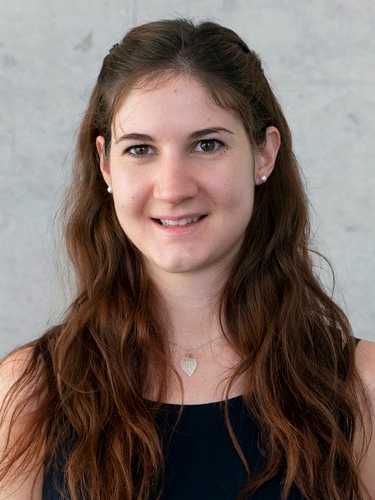Urban-Rural Relations in Spatial Planning: A Comparative Analysis across European Intermediate Cities
This doctoral project analyzes urban-rural relations in spatial planning, with a particular focus on medium-sized (so-called intermediate) cities in Europe. The aim of the cross-national comparative research project is to explore to which degree city authorities adopt an integrated approach towards spatial development that would account for the broad set of physical and functional linkages (urban-rural relations) which typically exist between urban centers and their peri-urban and rural neighboring municipalities. A further theoretical aim of the dissertation project lies in bridging the disciplinary gap between spatial planning and the political science literature on multi-level governance. It develops and tests a conceptual framework to explain variation in the degree to which urban-rural relations are a topic in spatial policies adopted by European cities.
Introduction
Urban areas have grown (and continue to grow) well beyond the territorial jurisdiction of their administrative cores into densely populated, built-up and functionally linked urban regions. While urban and rural development have long been treated as separate policy issues in spatial planning, the last decades have seen the external page emergence of the concept of urban-rural relations in both academic and policy discourse as a strategic policy objective to meet this new reality and to guide the integrated development of urban regions. This doctoral project explores to what extent the discourse on urban-rural relations has translated into planning practice at the city-level. A special focus is placed on medium-sized (so-called intermediate cities, or i-cities) as a yet under-researched category of urban settlements. Generally characterized by strong linkages with their rural surroundings for which they act as regional service centers, i-cities are external page attributed a key role in territorial cohesion and regional development, and expected to be particularly sensitive to urban-rural relations in spatial planning.
The project contributes to a deeper understanding of urban-rural relations as an important reference framework for spatial planning and urban governance across Europe. It is an external dissertation project and consists in a cooperation between the SPUR chair at ETH Zurich and the external page Institute for Comparative Federalism at Eurac Research in Bolzano, Italy. The research topic is linked with the Institute for Comparative Federalism’s Horizon 2020 project “Local Government and the Changing Urban-Rural Interplay (external page LoGov)”.

The Project
The research questions at the heart of this doctoral project are the following:
- Does spatial planning in intermediate cities account for urban-rural relations within the broader city-region?
- How can we explain variation in the degree to which urban-rural relations are considered in intermediate cities’ spatial policies?
Moving beyond a simplistic understanding of the “rural” as being separate from the “urban”, urban-rural integration in spatial planning implies an alternative territorial focus of spatial policies on the external page city-region, as a physically and functionally linked but politically fragmented space for policy intervention in which city authorities are not the sole actors with an impact on policy content. Cities, in elaborating and adopting spatial policies, are embedded in a web of horizontal and vertical relations among actors at various territorial levels who have a stake in participating in the elaboration of policies for future spatial development. This doctoral project elaborates and tests a theoretical framework that integrates theories of spatial planning with insights from external page multi-level governance theory in order to identify the various formal and informal drivers of local policy action that result from this multi-level embeddedness. The idea is to thereby explain variation in the degree to which urban-rural relations are considered in i-cities’ spatial policies.
Towards this aim, the project takes a mixed-methods research approach that combines large-n statistical cross-country comparison with small-n case studies. The first, quantitative stage of the project builds on a sample of 133 i-cities located in 21 European-OECD countries. It combines observational data on the morphological, administrative, economic, socio-demographic, cultural, and institutional characteristics of the city-level territorial context with a computer-based, quantitative text analysis of all spatial policies adopted by the sample cities in order to gain comparative insights into the degree to which urban-rural relations are a topic in urban spatial planning across Europe. The second, qualitative stage of the doctoral project builds on comparative case studies and in particular on semi-structured interviews with local planning stakeholders in four European cities to further deepen the insights gained from the quantitative analysis.
Publications
Theresia Morandell, Michael Wicki, David Kaufmann (2024). The planning of urban–rural linkages: An automated content analysis of spatial plans adopted by European intermediate cities. Landscape and Urban Planning, Volume 255, 2025. external page https://doi.org/10.1016/j.landurbplan.2024.105258
Partners
Dr. Karl Kössler (Second Supervisor), external page Institute for Comparative Federalism, Eurac Research
Team Members
Doctoral Candidate
Raumentwicklung und Stadtpolitik
Stefano-Franscini-Platz 5
HIL H 29.1
8093
Zurich
Schweiz

Researcher
Inst. f. Raum- u. Landschaftsentw.
Stefano-Franscini-Platz 5
8093
Zürich
Switzerland
Supervisor
Deputy head of Inst Spatial and Landscape Development / Head of Network City and Landscape ARCH and BAUG
Raumentwicklung und Stadtpolitik
Stefano-Franscini-Platz 5
8093
Zürich
Switzerland
